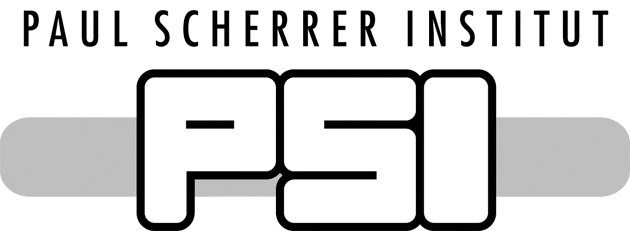
Thursday, November 3, 2022, 16:00
WBGB/019
Cristina Müller, ETHZ & PSI
Abstract:
In nuclear medicine, radiotracers are applied to patients for diagnostic
imaging of a variety of diseases, including cancer. Nuclear oncology
makes use of radioligands consisting of a tumor-targeting agent
conjugated to a radionuclide that emits either diagnostic radiation
(γ or β+) for imaging purposes (single photon
emission computed tomography (SPECT) or positron emission tomography
(PET)) or particle radiation for therapy (α− or
β−). This concept is also referred to as
"radiotheragnostics" and currently applied to patients with metastatic
disease that cannot be treated anymore with conventional methods such as
surgery or external beam radiation therapy.
At the Center for Radiopharmaceutical Sciences (CRS), we focus our research activities on the preclinical development of new and improved radiotheragnostic concepts. On one hand, we aim at optimizing the ligand design by specific chemical modifications of the molecule (e.g. with albumin-binding entities) in order to improve the tissue distribution profile and achieve high and specific tumor uptake. On the other hand, we investigate non-standard (exotic) radionuclides, produced at the large facilities at PSI, which are believed to be particularly effective to treat metastatic cancer.
In this presentation, the development of novel radioligands including
their preclinical testing will be explained based on recent research
data acquired at CRS.